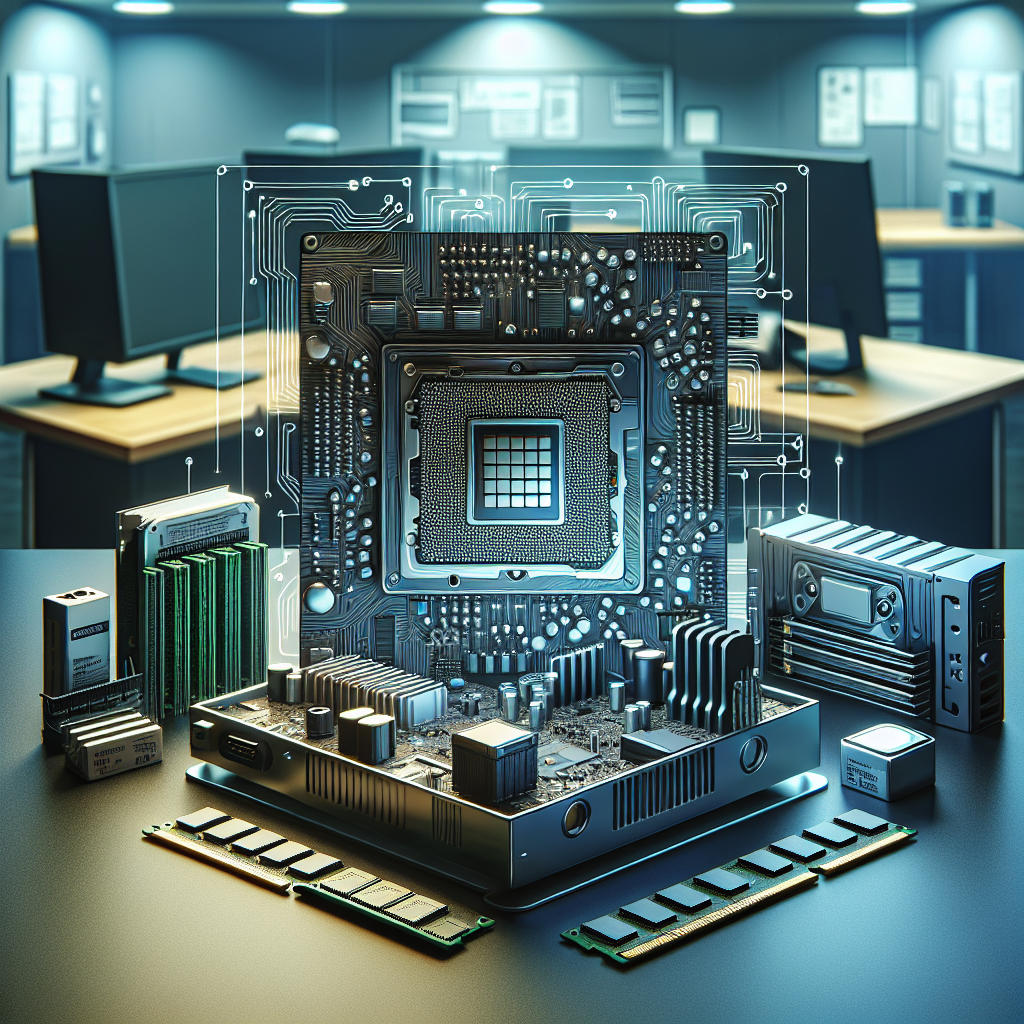Introduction
Choosing the right CPU for a home server can significantly impact its performance, energy efficiency, and overall cost. Whether it’s hosting websites, managing a media server, or running virtual machines, selecting the appropriate processor is crucial. In this article, we will explore the various factors to consider when picking a CPU for your home server.
Factors to Consider
Performance
The performance of a CPU is determined by several factors, including clock speed, core count, and thermal design power (TDP). Higher clock speeds and more cores generally translate to better performance but often at the expense of increased power consumption.
Power Consumption
For a home server that runs 24/7, power consumption is a critical factor. Low-power CPUs such as those from Intel’s Atom or AMD’s Ryzen series can be excellent choices for energy-efficient setups. These processors consume less electricity and generate less heat, making them ideal for servers that will be operational round the clock.
Budget
Budget constraints play a significant role when choosing a CPU. High-performance processors like Intel’s i9 or AMD’s Ryzen 9 are excellent but come with a hefty price tag. Mid-range processors such as Intel’s i5 or AMD’s Ryzen 5 can provide a good balance between performance and cost.
Compatibility
Ensuring the CPU is compatible with your existing hardware, especially the motherboard, is essential. Make sure to check the motherboard’s socket type and chipset to determine compatibility with the CPU you choose.
| CPU Model | Clock Speed (GHz) | Core Count | TDP (W) | Price (Approx.) |
|---|---|---|---|---|
| Intel i9-11900K | 3.5GHz | 8 | 125W | $500 |
| AMD Ryzen 9 5900X | 3.7GHz | 12 | 105W | $550 |
| Intel i5-11600K | 3.9GHz | 6 | 125W | $270 |
| AMD Ryzen 5 5600X | 3.7GHz | 6 | 65W | $300 |
| Intel Atom C3558 | 2.2GHz | 4 | 16W | $150 |
Use Case Scenarios
Media Server
For a media server, a mid-range CPU with a decent number of cores and threads will suffice. AMD’s Ryzen 5 or Intel’s i5 series are ideal choices. They provide enough power to handle multiple streams and transcoding tasks without breaking the bank.
File Server
File servers generally do not require high-performance CPUs. A lower-end model like Intel’s Atom series can be more than sufficient. These CPUs are energy-efficient and still provide adequate performance for basic file storage and retrieval tasks.
Virtualization
If you plan to run multiple virtual machines, a CPU with more cores and threads is essential. AMD’s Ryzen 9 or Intel’s i9 series are better suited for this purpose. Their higher core count allows for better multitasking and resource allocation among virtual machines.
Future-Proofing
When choosing a CPU, it’s also wise to consider future needs. Investing a bit more in a higher-end processor can save you from frequent upgrades. CPUs from AMD’s Ryzen series or Intel’s i7/i9 series offer a good balance of performance and longevity.
Conclusion
Choosing the right CPU for your home server requires balancing performance, power consumption, budget, and future needs. By considering these factors, you can select a CPU that will meet your requirements and provide reliable service for years to come.

